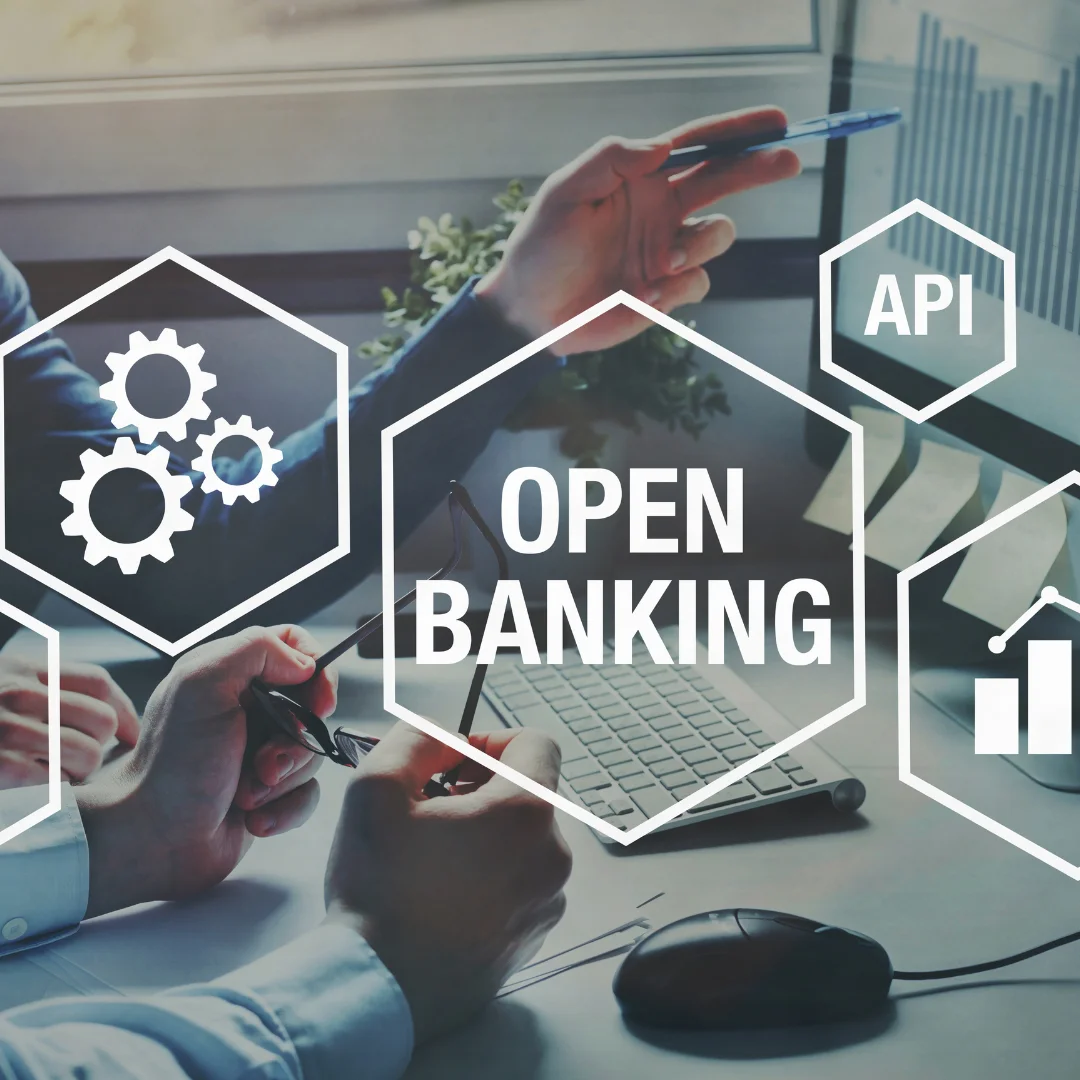Open banking has emerged as a transformative force in the economy, changing the way consumers interact with financial information and services. One of the most important areas where open banking has had a significant impact is digital payments. By opening up access to financial information and services. Open Banking has enabled innovation and increased the efficiency, security, and convenience of digital payments.
First, open banking has proliferated payment initiation services (PIS) and account information services (AIS). PIS allows providers to bypass traditional card networks by initiating payments on behalf of customers directly from their bank accounts. This has dramatically reduced inventory costs and processing time for digital payments, making them faster and more cost-effective. On the other hand, AIS enables providers to better access a user’s account information, facilitating real-time balance monitoring and personal financial management As a result, consumers now have a better understanding of their financial health, providing more information and control over digital payments.
Second, the adoption of Application Programming Interfaces (APIs) has made it easier for businesses to integrate with multiple financial institutions and offer a wider range of payment options to their customers. This increased accessibility and flexibility has led to mobile wallets, peer-to-peer payment platforms, and other innovative payment solutions Open Banking platform collaboration for banks, fintech startups transactions with other financial players are more common, and to diversify and competitive.
In addition, Open Banking significantly improved security and fraud prevention measures in digital payments. Through secure authentication systems and real-time access to account information, open banking has enhanced the authentication process, and reduced the risk of unauthorized transactions This has enhanced customer confidence, and there has been a greater willingness to adopt digital payment methods.
However, open banking also comes with challenges, such as data privacy concerns and cybersecurity risks. As financial information becomes more accessible, stronger laws and standards are needed to protect consumer data.
In conclusion, the impact of open banking on digital payments has been significant. It encourages innovation, encourages collaboration, and improves the security and efficiency of digital communications. As the ecosystem continues to evolve, a balance between openness and security will be necessary to unlock the full potential of open banking to transform the future of digital payments.


